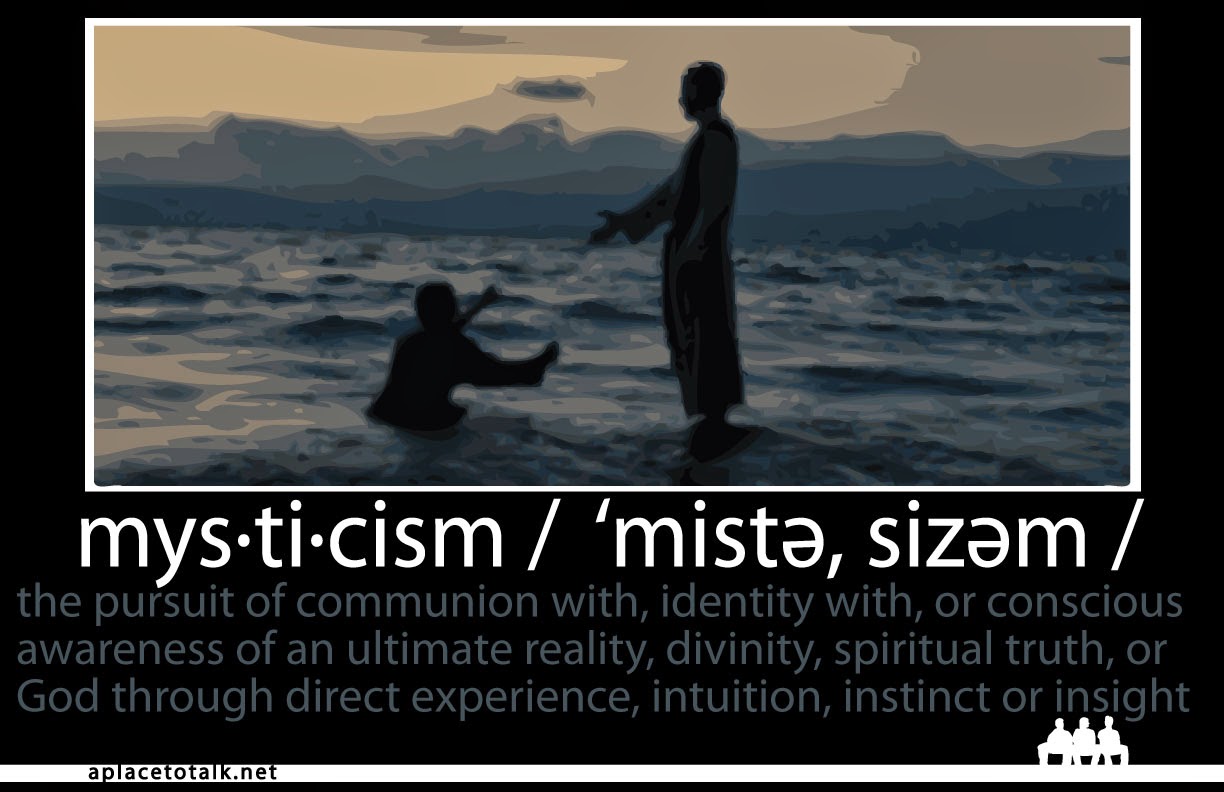The Anatomy of a Spiritual Experience

The story of Nathanael’s encounter with Jesus in John 1:45-51 can be read as a parable about the divine-human encounter. Philip found Nathanael and said to him, “We have found him about whom Moses in the law and also the prophets wrote, Jesus son of Joseph from Nazareth. Nathanael said to him, “Can anything good come out of Nazareth?” (John 1:45-46a) Nathanael is skeptical and dismissive. The brilliant Johannine scholar R.E. Brown points out that this saying may have been a local proverb reflecting jealousy between Nathaniel’s town of Cana and nearby Nazareth. Certainly it reflects some bias against Nazareth. Is Nathanael’s reaction not the typical human reaction? Are we not all bound by convention and custom? Are we not all influenced by the biases we have acquired from being conditioned, socialized, and indoctrinated into our particular systems of thought and behavior? And this, of course, can become a huge impediment to spiritual growth. Philip said to him, “Com...




